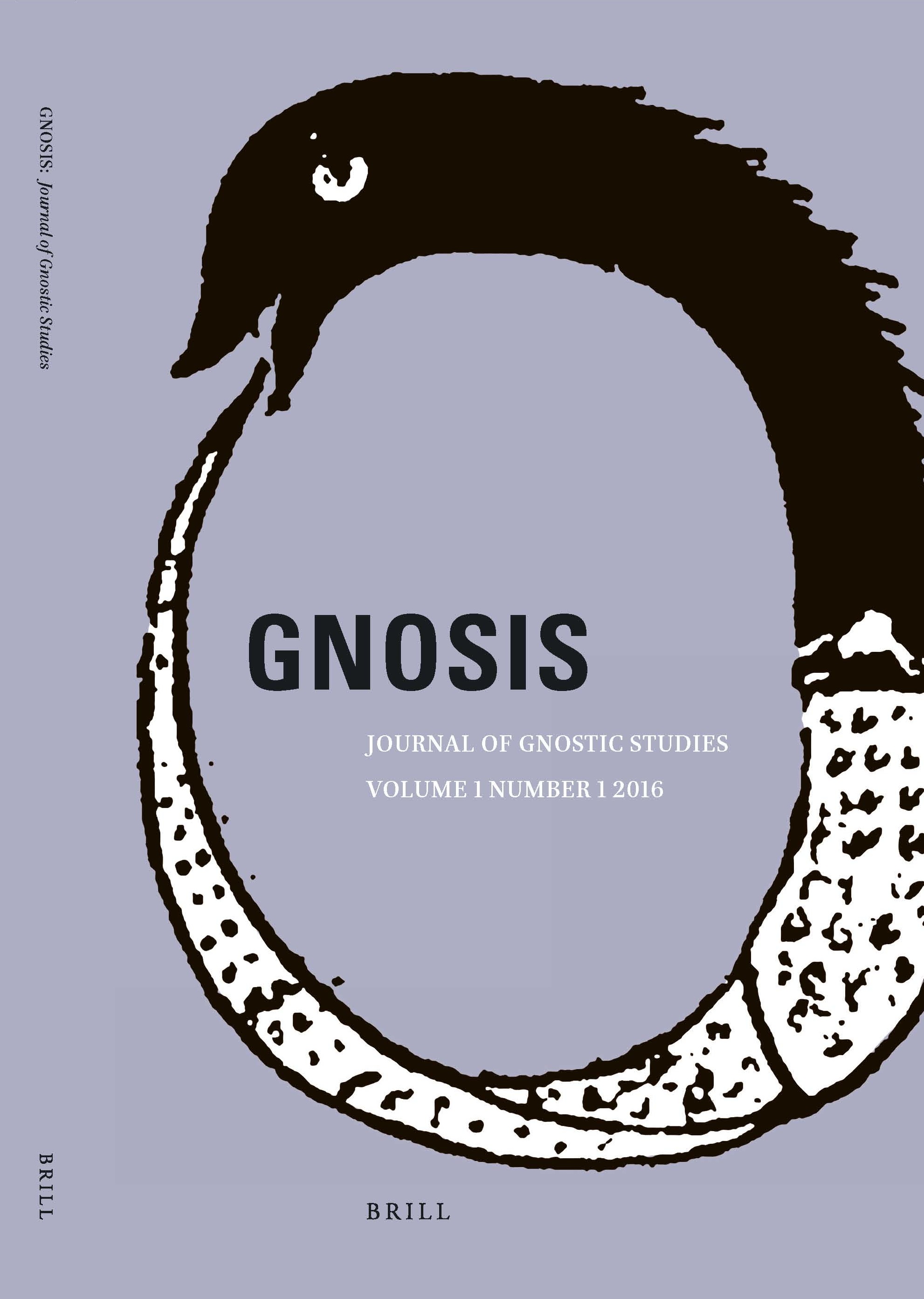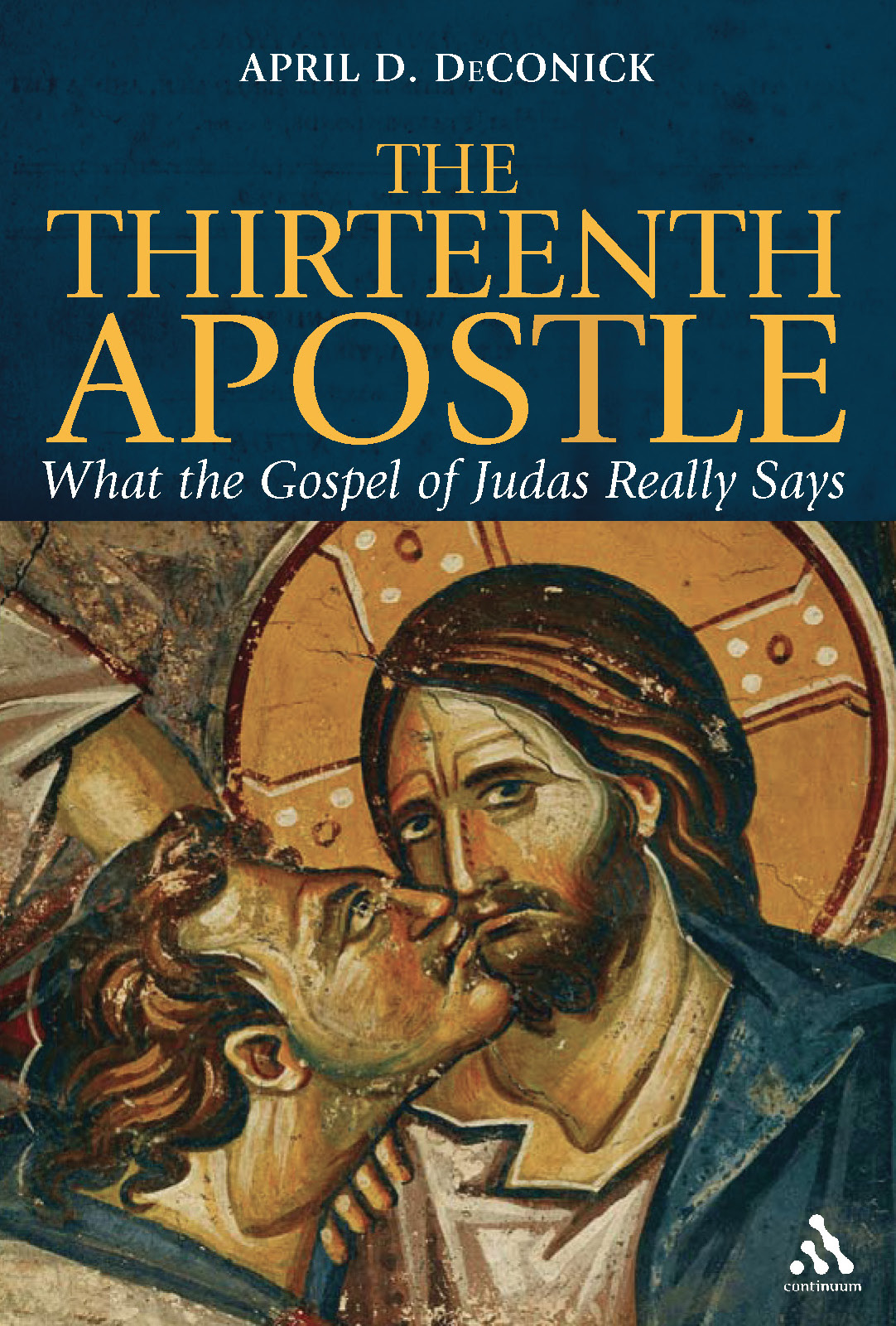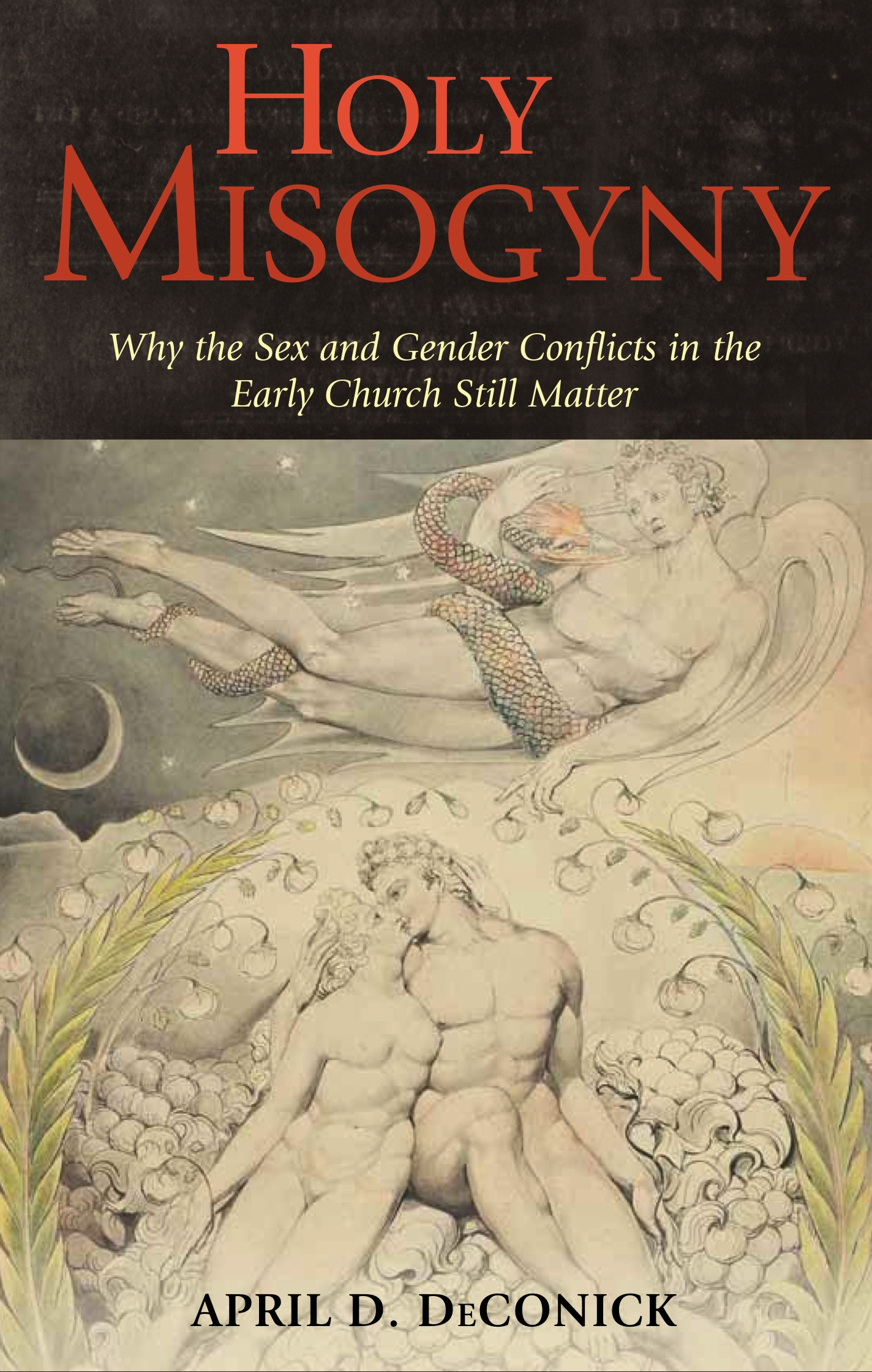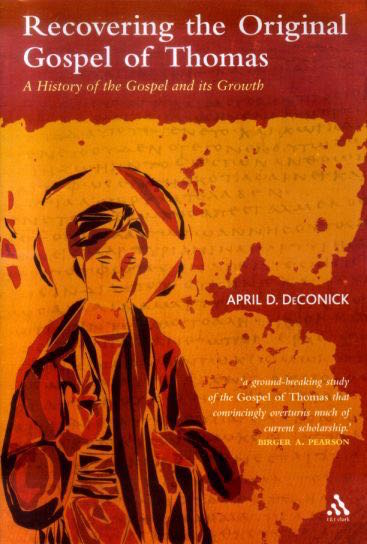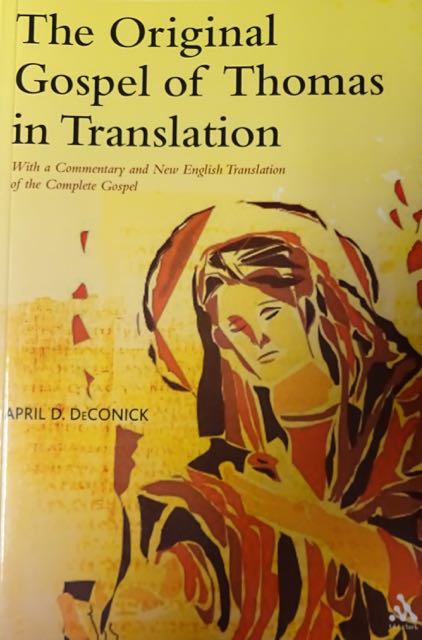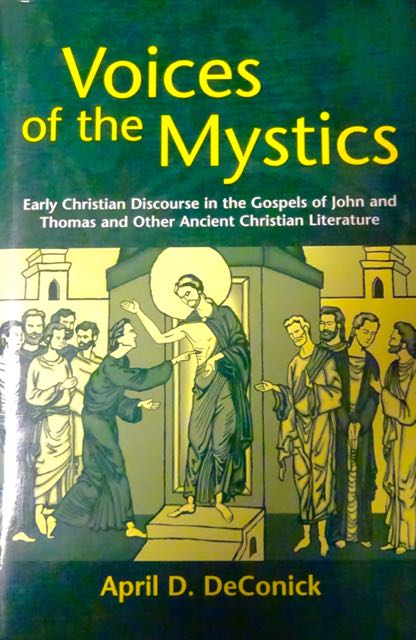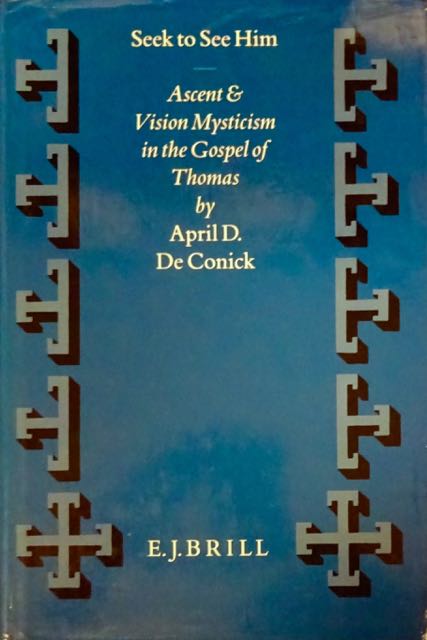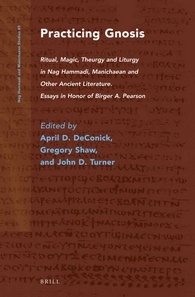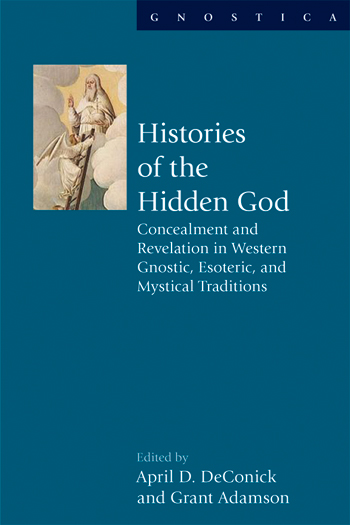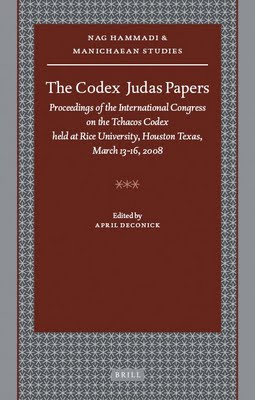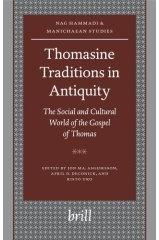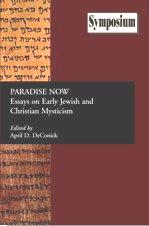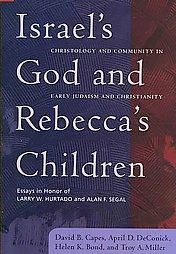Isla Carroll and Percy E. Turner Professor of New Testament and Early Christianity
Director of GEM (Gnosticism, Esotericism, and Mysticism) Certificate, Rice University
Director of MA Degree Program, Rice University
Founding and executive editor of Gnosis: journal of Gnostic Studies, Brill
Since the making of history lies at the intersection of memory and experience, culture and cognition, society and the individual, I approach ancient religions texts as products of a person's brain and body, as well as a person's community. So I am a historian whose work is informed by cognitive sociology.
My research and teaching is devoted to engaging the silenced voices of religious people and communities that were left behind or discarded when Christianity emerged in the first four centuries as a new religion. I wish to bring the old stories back to life, with the hope that we will remember, respect and even learn from them as we write about our histories about Christianity for future generations.
I also work to understand how these lost voices have migrated into modernity and impacted American culture and religion. I study how the rise of new religious movements, the New Age, and the spiritual-but-not-religious perspective are linked to the migration of Gnostic spirituality into American life. Understanding this linkage reveals resonances and echoes between ancient and modern forms of spirituality and religious experiences, which have much to teach us about the complexities of our humanity and our entanglements in history and culture.
Whether in antiquity or modern America, I study those who suffer oppression and intolerance, who are marginalized, forbidden and forgotten. I explore everything from women's issues in biblical and apocryphal texts to shamanic practices in Nag Hammadi literature to new religious movements with Gnostic clout.

